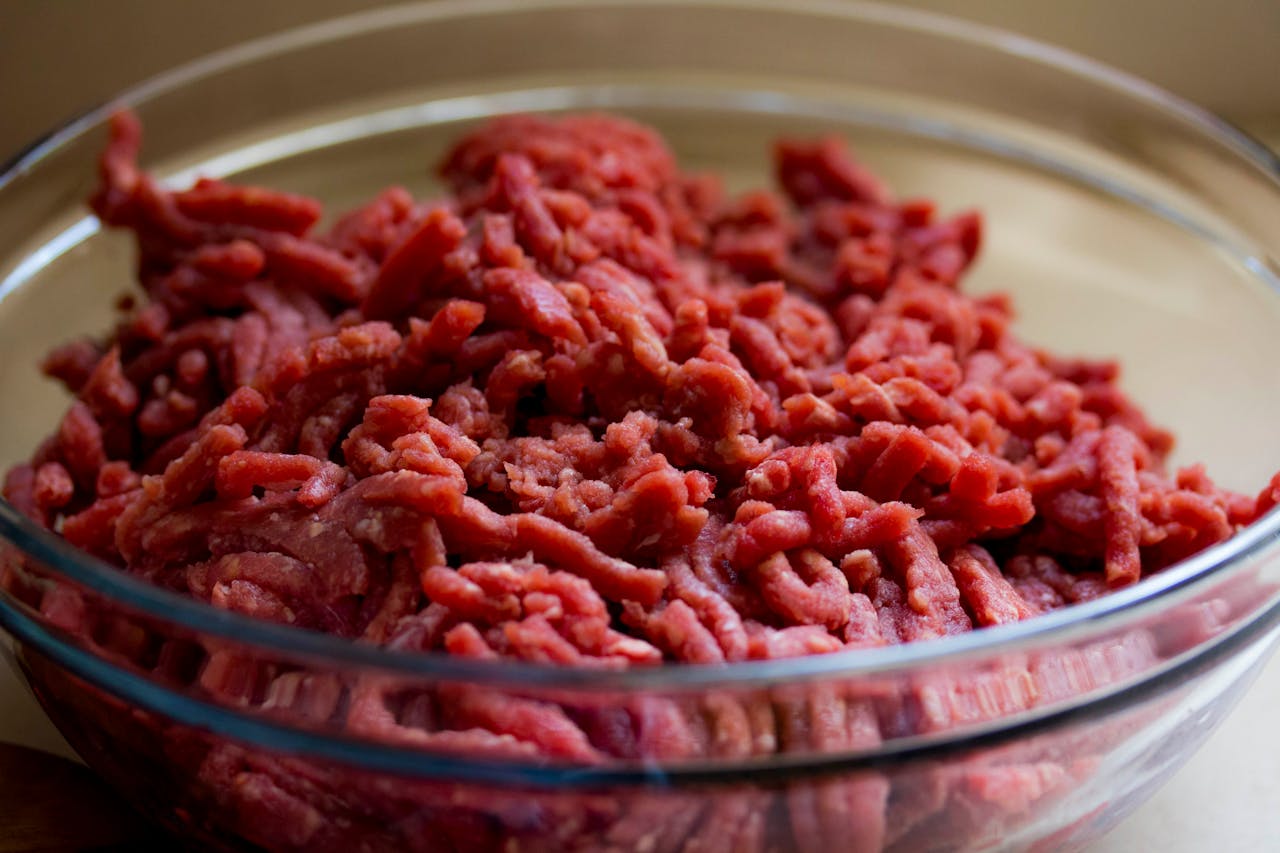If you’ve ever watched a burger commercial or read a fast-food menu, you’ve probably seen the phrase “fresh never frozen” splashed across the screen. It’s a catchy promise that conjures up images of juicy, hand-formed patties sizzling on the grill, straight from the butcher. But is “fresh never frozen” really all it’s cracked up to be? For many shoppers and burger lovers, this label feels like a guarantee of quality, taste, and even health. But the truth behind these words is a little more complicated, and understanding it can help you make smarter choices at the grocery store and the drive-thru. Let’s dig into what “fresh never frozen” really means, why it matters, and how it might not always live up to the hype.

1. “Fresh Never Frozen” Is a Marketing Term, Not a Guarantee
When you see “fresh, never frozen” on a burger, it’s easy to assume you’re getting something special. But in reality, this phrase is more about marketing than strict regulation. The USDA doesn’t have a specific definition for “fresh” when it comes to burgers, except that the meat hasn’t been frozen solid. That means a patty could be kept just above freezing for days or even weeks and still be labeled as “fresh.” So, while it sounds impressive, “fresh never frozen” doesn’t always mean the burger is fresher or better than its frozen counterpart.
2. Frozen Burgers Can Be Just as Tasty (and Sometimes Safer)
There’s a common belief that frozen burgers are dry, bland, or somehow inferior. But freezing is simply a preservation method that locks in flavor and nutrients. Many high-quality burger joints and grocery stores use flash-freezing to preserve peak freshness. This process can actually help prevent spoilage and reduce the risk of harmful bacteria. According to the Cleveland Clinic, frozen foods can be just as nutritious as fresh ones, and sometimes even safer, since freezing halts bacterial growth. So, don’t write off frozen burgers—they might surprise you.
3. “Fresh” Doesn’t Always Mean Local or Sustainable
It’s easy to associate “fresh, never frozen” with local farms or sustainable practices, but that’s not always the case. Many large chains source their “fresh” beef from far away, shipping it across the country in refrigerated trucks. This can actually result in a larger carbon footprint than locally sourced, frozen beef. If sustainability is important to you, look for burgers labeled with information about their origin, or ask your grocer about local options. Sometimes, a frozen patty from a nearby farm is a greener choice than a “fresh” one that’s traveled hundreds of miles.
4. Shelf Life and Food Waste: The Hidden Costs of “Fresh”
One downside of “fresh, never frozen” burgers is their shorter shelf life. Without freezing, meat spoils more quickly, leading to more food waste at restaurants and grocery stores. This not only affects your wallet but also has environmental consequences. According to the USDA, food waste is a major issue in the United States, and perishable items like fresh meat are a big part of the problem. Choosing frozen burgers can help reduce waste, since they last much longer in your freezer.
5. Taste Test: Can You Really Tell the Difference?
Here’s a fun experiment: try a blind taste test at home with both fresh and frozen burgers. Many people are surprised to find they can’t tell the difference—or even prefer the frozen option! The key to a great burger is often in the seasoning, cooking method, and toppings, not just whether the patty was ever frozen. If you want to save money or reduce waste, don’t be afraid to give frozen burgers a fair shot.

6. Price Matters: “Fresh” Often Costs More
You might notice that “fresh, never frozen” burgers tend to have a higher price tag. This is partly due to the extra logistics of refrigerating meat that is not frozen during transport and storage. However, higher prices don’t always translate to better quality or taste. Frozen burgers can offer excellent value without sacrificing flavor or nutrition if you’re shopping on a budget.
7. The Real Secret: How You Cook Your Burger
The biggest factor in burger quality is how you cook it. Whether your patty started out fresh or frozen, proper seasoning, cooking temperature, and resting time make all the difference. Don’t be afraid to experiment with different brands and cooking techniques to find what works best for you. Sometimes, the best burger is the one you make at home, regardless of its “fresh” status.
Rethinking the “Fresh Never Frozen” Hype
The next time you see “fresh never frozen” on a menu or package, consider what it really means. While it sounds appealing, it’s not always a guarantee of better taste, nutrition, or sustainability. By understanding the facts behind the label, you can make choices that fit your budget, values, and taste buds. Remember, a great burger is more than just a catchy slogan—it’s about quality ingredients, smart shopping, and a little creativity in the kitchen.
What’s your take on the “fresh never frozen” debate? Have you noticed a difference in taste or quality? Share your thoughts in the comments below!
Read More
The Top 7 Fast Food Hamburger Chains in New York
What Makes a Great or Disappointing Burger Joint in North Carolina
The post Why “Fresh Never Frozen” Burgers Might Not Be What You Think appeared first on Grocery Coupon Guide.







